Executive Summary: The Psychology of Oedipus Rex
The Core Conflict: Sophocles’ masterpiece is not just about incest; it is the ultimate drama of the Ego’s collision with the Self. Oedipus represents the brilliant, inflated intellect that believes it can outsmart Fate (the Unconscious).
Jungian Key Concepts:
- The Sphinx: Represents the Terrible Mother archetype. Oedipus “solves” her riddle but fails to integrate her wisdom, leading to inflation.
- The Plague: Symbolizes the “symptom” that arises when the conscious attitude is out of alignment with the truth of the psyche.
- Blindness vs. Sight: A metaphor for the transition from Ego-consciousness (outer sight) to Self-knowledge (inner sight/insight).
Clinical Relevance: The play maps the collapse of Narcissism. It shows that true healing (lifting the plague) requires the destruction of the False Self (Persona).
What Happens in Oedipus Rex? A Jungian Analysis of Ego, Inflation, and the Shadow

Sophocles’ Oedipus Rex (c. 429 BC) is often reduced to the “Oedipus Complex”—Freud’s theory of sexual desire for the mother and aggression toward the father. However, Carl Jung saw something far deeper in this tragedy. For Jung, Oedipus is not a pervert; he is the Archetypal Hero who flies too close to the sun.
This play is a case study in Psychic Inflation. It asks: What happens when the human intellect tries to solve the riddle of life without consulting the unconscious? The answer is a “Plague”—a breakdown of the system that forces the individual to look inward. Oedipus is the detective, the judge, and the criminal all wrapped in one, making this the foundational text for all Depth Psychology.
Part I: The Mythic Backstory (The Trauma Timeline)
To understand the play, we must understand the trauma that precedes it. The House of Cadmus is infected with “Miasma” (pollution).
- The Prophecy: Laius (Oedipus’s father) is warned that his son will kill him. This is the Fear of the Future that drives the Negative Father to destroy his own potential.
- The Exposure: Oedipus is pierced through the ankles (hence his name, “Swollen Foot”) and left to die. He is the Wounded Child archetype. He survives but carries the physical scar of his parents’ rejection—a symbol of his shaky psychological foundation.
- The Sphinx: Before the play begins, Oedipus saves Thebes from the Sphinx. The Sphinx is a monster (part woman, lion, bird) representing the Devouring Mother. Oedipus defeats her with his Intellect (solving the riddle). However, Jung warns that defeating the mother-complex with the mind is not enough; one must also engage the heart. Oedipus’s victory makes him arrogant (Inflated).
Part II: Summary of the Play – The Detective of the Soul
The play acts as a pressure cooker, compressing a lifetime of fate into a single day.
1. The Symptom (The Plague)
Thebes is dying. Crops fail, women are barren, and disease runs rampant.
Clinical Insight: The “Plague” is the neurotic symptom. When a patient comes to therapy, their life is “barren” (depression, anxiety). The symptom is not the problem; it is a signal that there is a “polluter” hidden in the unconscious.
2. The Resistance (Tiresias)
Oedipus consults Tiresias, the blind prophet. Tiresias represents Intuition and the Self. He knows the truth but refuses to speak it, knowing the Ego is not ready.
Oedipus mocks Tiresias: “You are blind in your eyes and your mind!”
Tiresias retorts: “You have your eyes but see not where you are in sin.”
This is the classic conflict between the Rational Ego (which relies on facts) and Inner Wisdom (which relies on insight).
3. The Defense Mechanisms
As the evidence mounts, Oedipus cycles through defenses:
* Projection: He accuses Creon of plotting against him (Paranoia).
* Denial: He clings to the belief that his “father” is Polybus in Corinth.
* Rationalization: He interrogates witnesses like a lawyer, thinking logic will save him.
4. The Anagnorisis (Recognition)
The truth arrives not from a god, but from a shepherd (the humblest figure). Oedipus realizes he is the killer of Laius and the husband of Jocasta.
The Collapse: Jocasta hangs herself (the death of the Mother bond). Oedipus takes her gold brooches and stabs his own eyes out. He chooses darkness because the light of the world has lied to him.
Part III: Jung vs. Freud – The Meaning of Incest
Freud: The Sexual Desire
For Freud, the play was literal. It revealed the repressed sexual desire of the child for the parent. This interpretation focuses on the Personal Unconscious and biological drives.
Jung: The Desire for Rebirth
Jung argued that the “Incest Motif” is symbolic. It is not about sex; it is about Uroboros (the snake eating its tail).
* Returning to the Mother: Symbolizes the Ego’s desire to return to the safety of the unconscious. It is a “regression” to the womb to escape the burden of consciousness.
* Killing the Father: Symbolizes the need to overthrow the “Old Order” (traditional authority) to establish one’s own individuality.
Oedipus is tragic not because he wanted to sleep with his mother, but because his Libido (psychic energy) got stuck in a regressive loop instead of moving forward into transformation.
Part IV: The Archetypal Figures
Oedipus: The Tyrant Ego
Oedipus calls himself “The child of Chance.” He believes he is self-made. He represents the modern man who thinks he can conquer nature with technology and logic.
His “Swollen Foot” grounds him. No matter how high his intellect flies, his “foot” (his connection to the earth/instinct) is damaged. This imbalance causes his fall.
Jocasta: The Protective Persona
Jocasta tries to stop the inquiry. She tells Oedipus, “Why should man fear? Chance rules our lives… Live, Oedipus, as you best can.”
She represents the Persona that wants to maintain the status quo. She prefers a comfortable lie to a painful truth. Her suicide represents the shattering of the false comfort we use to buffer ourselves from reality.
Tiresias: The Shadow Carrier
Tiresias is the Shadow of Oedipus. He is everything Oedipus is not: blind, physically weak, but spiritually omnipotent.
When Oedipus attacks Tiresias, he is attacking his own unconscious knowing. In therapy, clients often attack the therapist when the therapist points out something the client isn’t ready to see.
Part V: Clinical Relevance – The Cure is Blindness
Why does Oedipus blind himself?
In Greek tragedy, physical sight often correlates with spiritual blindness. By removing his eyes, Oedipus kills his Projection. He stops looking at the outside world (which deceived him) and is forced to look exclusively inward.
This is the beginning of his Individuation. He leaves Thebes as an exile. He has lost his crown, his wife, and his eyes, but he has gained his Self. This sets the stage for Oedipus at Colonus, where the beggar becomes a holy man.
Lesson: The Ego must be defeated for the Soul to be saved.
Explore the Archetypes of the Theban Cycle
Taproot Therapy Collective Podcast
The Stages of Oedipus
Oedipus at Colonus: The Redemption of the Exile
Antigone: The Daughter’s Burden
Seven Against Thebes: The War of the Sons
The Shadow & The Unconscious
The Jungian Shadow: Confronting the Darkness
The Bacchae: The Madness of the God
Bibliography
- Sophocles. Oedipus the King. Translated by Robert Fagles. Penguin Classics.
- Jung, C. G. (1956). Symbols of Transformation. Princeton University Press.
- Hillman, J., & Shamdasani, S. (1990). Oedipus Variations. Spring Publications.
- Edinger, E. F. (1972). Ego and Archetype. Shambhala.
- Knox, B. M. W. (1957). Oedipus at Thebes: Sophocles’ Tragic Hero and His Time. Yale University Press.


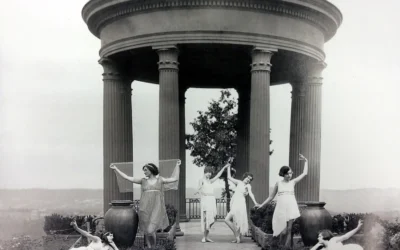




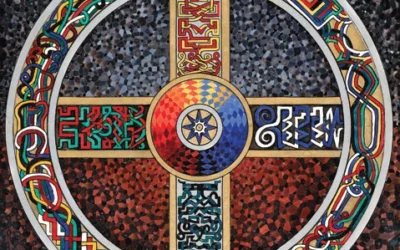
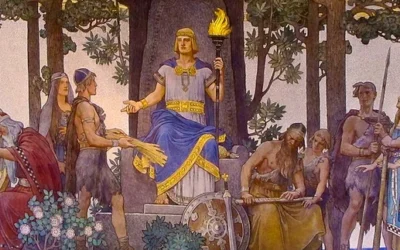


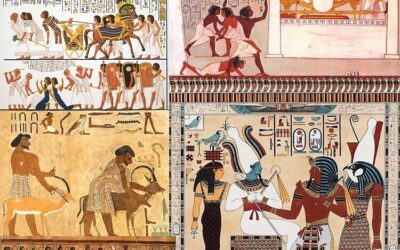
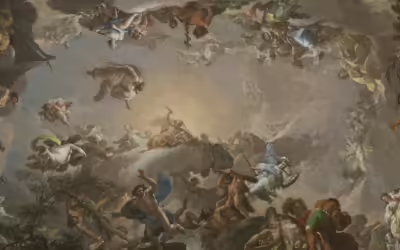



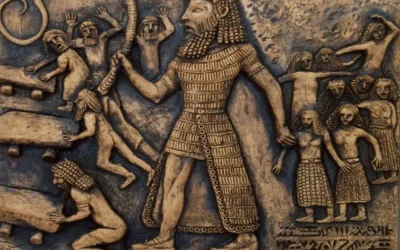
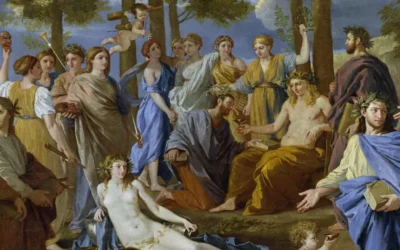
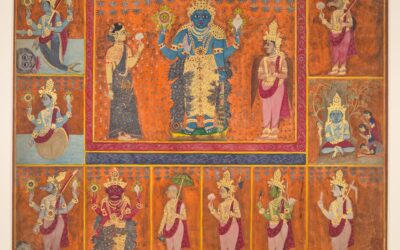
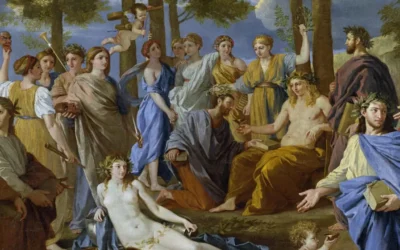
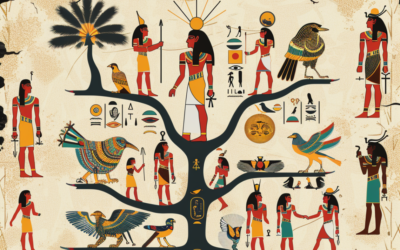
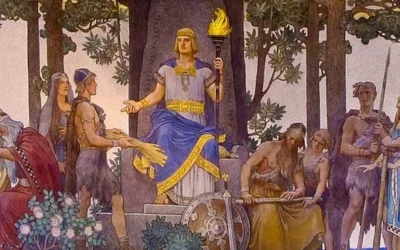

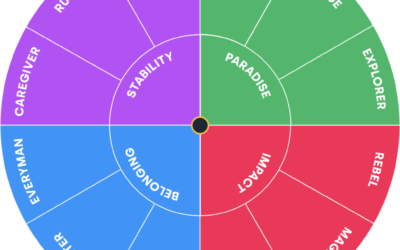
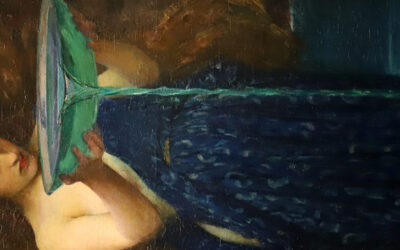
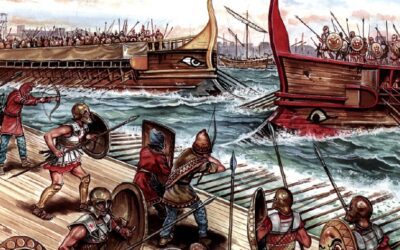
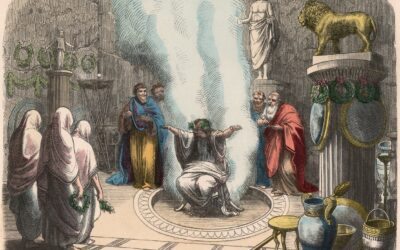
0 Comments